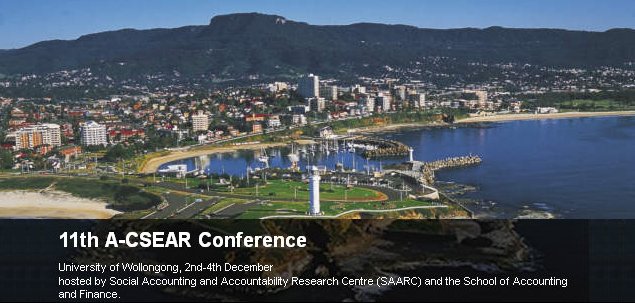Location
Bld 67.101
Start Date
3-12-2012 11:00 AM
End Date
3-12-2012 11:30 AM
Description
Purpose: The aim of this paper is to explore the role of ideology diffusion in creating and maintaining Mao’s political hegemony during the period 1949 to 1957, and consider how accounting practices changed during this period of transition in China. Design/Methodology/Approach: This paper uses Gramsci’s concept of hegemony to investigate Chinese accounting systems in the period of transition from 1949 to 1957. In particular, this paper provides an understanding of how accounting systems have changed under the influence of various political ideologies, being the New Democracy and the socialist ideology adopted from the Soviet Union. Findings: This paper finds that the diffusion of political hegemonies is reflected in the accounting systems used in the particular periods of transition. Land account is used as an example to illustrate accounting systems change under the impact of political ideology diffusion.
Exploring the role of accounting in periods of transition: the case of China from 1949 to 1957
Bld 67.101
Purpose: The aim of this paper is to explore the role of ideology diffusion in creating and maintaining Mao’s political hegemony during the period 1949 to 1957, and consider how accounting practices changed during this period of transition in China. Design/Methodology/Approach: This paper uses Gramsci’s concept of hegemony to investigate Chinese accounting systems in the period of transition from 1949 to 1957. In particular, this paper provides an understanding of how accounting systems have changed under the influence of various political ideologies, being the New Democracy and the socialist ideology adopted from the Soviet Union. Findings: This paper finds that the diffusion of political hegemonies is reflected in the accounting systems used in the particular periods of transition. Land account is used as an example to illustrate accounting systems change under the impact of political ideology diffusion.


